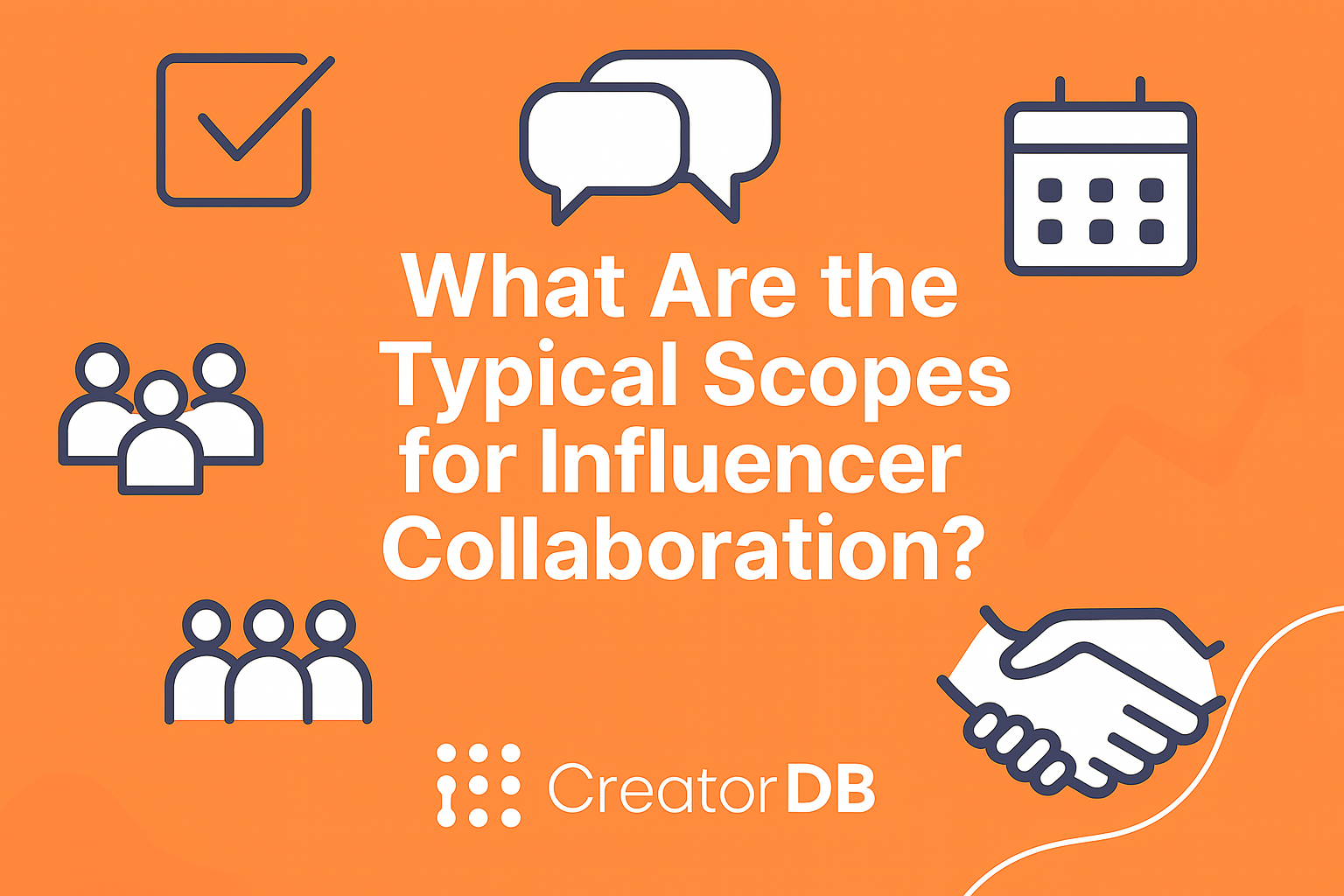In 2024, influencer marketing has become a powerful tool in the consumer sector and is shaping the increasingly critical conversation around cybersecurity narratives.
With cyber threats on the rise and public awareness of data security lagging, cybersecurity companies are turning to influencers to help build trust and simplify complex information for their audiences. The shift started to transform the public’s perception of cybersecurity, creating a new and more approachable dialogue.
The rise of influencer marketing in cybersecurity
Traditionally, influencer marketing has been associated with industries like fashion, beauty, and consumer tech. However, cybersecurity brands have recently recognized its potential, particularly as digital threats become a more pressing concern for both businesses and individuals.
While cybersecurity influencers, such as ethical hackers and IT experts, have long been at the forefront of these conversations, content creators from various other niches are now contributing to cybersecurity awareness in their own ways.
Take our case study as an example, we helped VPN brand Surfshark cast creators from various niches to create educational content, successfully broadening the conversation on cybersecurity.
In 2024, cybersecurity is no longer confined to a specific niche; influencers across a wide range of industries are partnering with cybersecurity companies to make complex security concepts more accessible to non-technical audiences. These collaborations help spread awareness of best practices and highlight emerging threats.
Current challenges in the cybersecurity marketing landscape
Marketing cybersecurity solutions presents several unique challenges as businesses in this sector must navigate complex messaging, technical accuracy, and a rapidly evolving landscape.
Here are some of the most pressing challenges they face:
Too broad, unfocused messaging
One major issue is when cybersecurity companies try to cast a wide net, offering generic solutions without honing in on specific buyer needs.
Without a targeted approach that addresses the unique concerns and security challenges of key customer segments, the message becomes diluted, and potential customers may not see the direct relevance of the solution to their own security problems.
Underutilized customer testimonials
Real-world examples, such as customer testimonials and case studies, are a valuable way for cybersecurity firms to demonstrate the effectiveness of their products.
However, many companies are hesitant to share these success stories, often due to privacy concerns or reluctance from clients to publicly acknowledge their security challenges. This lack of endorsement makes it harder for potential customers to trust the company’s offerings.
Inadequate content strategies
Cybersecurity companies frequently struggle to deliver content that both educates and engages. Rather than providing actionable advice or showcasing how their solutions can defend against specific threats like fraud or data breaches, their content often lacks depth and practical value.
This gap leaves potential customers unsure of how the product will meet their needs or protect their data.
Failing to leverage industry influencers
A key missed opportunity is the failure to engage with influencers, particularly thought leaders in the cybersecurity space. Many cybersecurity companies do not actively collaborate with influencers or keep up with trending topics in the industry on social media.
It limits their reach and prevents them from tapping into the latest discussions on important issues like data privacy, encryption, and IoT security.
Risks of misinformation and lack of expertise
While working with influencers can be beneficial, it also comes with risks. Not every influencer has the technical knowledge needed to convey cybersecurity topics accurately, so they may oversimplify or misinterpret complex issues like antivirus software usage, encryption, and data protection, potentially leading to misinformation.
Partnering with influencers who lack expertise can damage a brand’s credibility and trustworthiness, especially in a field as specialized as cybersecurity.
To overcome these challenges, cybersecurity companies need to optimize their marketing strategies, focusing on creating targeted content, utilizing testimonials, and collaborating with credible influencers who can effectively communicate technical topics to a broad audience.
The future of influencer marketing in cybersecurity
Looking ahead, we expect to see several key trends in how influencers will continue to shape cybersecurity narratives in 2024 and beyond.
1. The growing use of micro-influencers
Micro-influencers, who have smaller but more engaged audiences, are increasingly viewed as more authentic and trustworthy than large-scale influencers.
These influencers often have a strong connection with their followers, making them ideal partners for cybersecurity brands looking to build trust around sensitive topics like data protection and online security.
As consumer skepticism of larger influencers grows, micro-influencers will play a bigger role in spreading cybersecurity awareness and fostering genuine engagement. Here to learn more on finding the best micro-influencers for your brand.
2. AI-driven influencer selection
As expected, artificial intelligence (AI) will be increasingly used to identify the most relevant influencers for specific campaigns, analyzing engagement rates, follower demographics, and content relevance.
By leveraging AI, cybersecurity brands can ensure they partner with influencers who can effectively communicate cybersecurity topics and resonate with target audiences.
AI tools will streamline the influencer selection process, making it easier to identify influencers who can drive impactful conversations around cybersecurity.
3. The power of video marketing
Video content is one of the most effective ways to engage audiences, offering 40% more engagement compared to traditional text-based content.
Video formats like explainer videos, animations, and testimonials are ideal for breaking down complicated cybersecurity issues, such as data breaches and encryption.
With video making up over 80% of global internet traffic, integrating video marketing into cybersecurity campaigns will become crucial for brands aiming to enhance audience reach and ROI.
4. Collaborative educational content
Educational collaborations between influencers and cybersecurity brands—such as webinars and co-authored blog posts—will become more common to provide valuable insights while building credibility.
Partnering with influencers seen as thought leaders in the cybersecurity field will help brands position themselves as industry authorities.
These collaborations offer personal endorsements from influencers and informative content that drives engagement and trust with the audience.
5. Interactive content for enhanced engagement
Interactive content, such as polls, quizzes, and games, is an increasingly effective way to captivate audiences and provide a more engaging digital experience.
These interactive elements allow cybersecurity brands to gather insights into audience behavior and preferences, helping to tailor future campaigns.
By offering immersive and interactive content, brands can deepen their connection with their audience while making complex cybersecurity topics more approachable.
On a final note
Influencers will remain essential in shaping cybersecurity narratives as the digital landscape continues to evolve.
By partnering with influencers who can simplify complex cybersecurity concepts and engage broader audiences, brands are effectively shaping the conversation around online safety.
Moving forward, influencer marketing will continue to play a crucial role in crafting and delivering these cybersecurity messages to the public.





